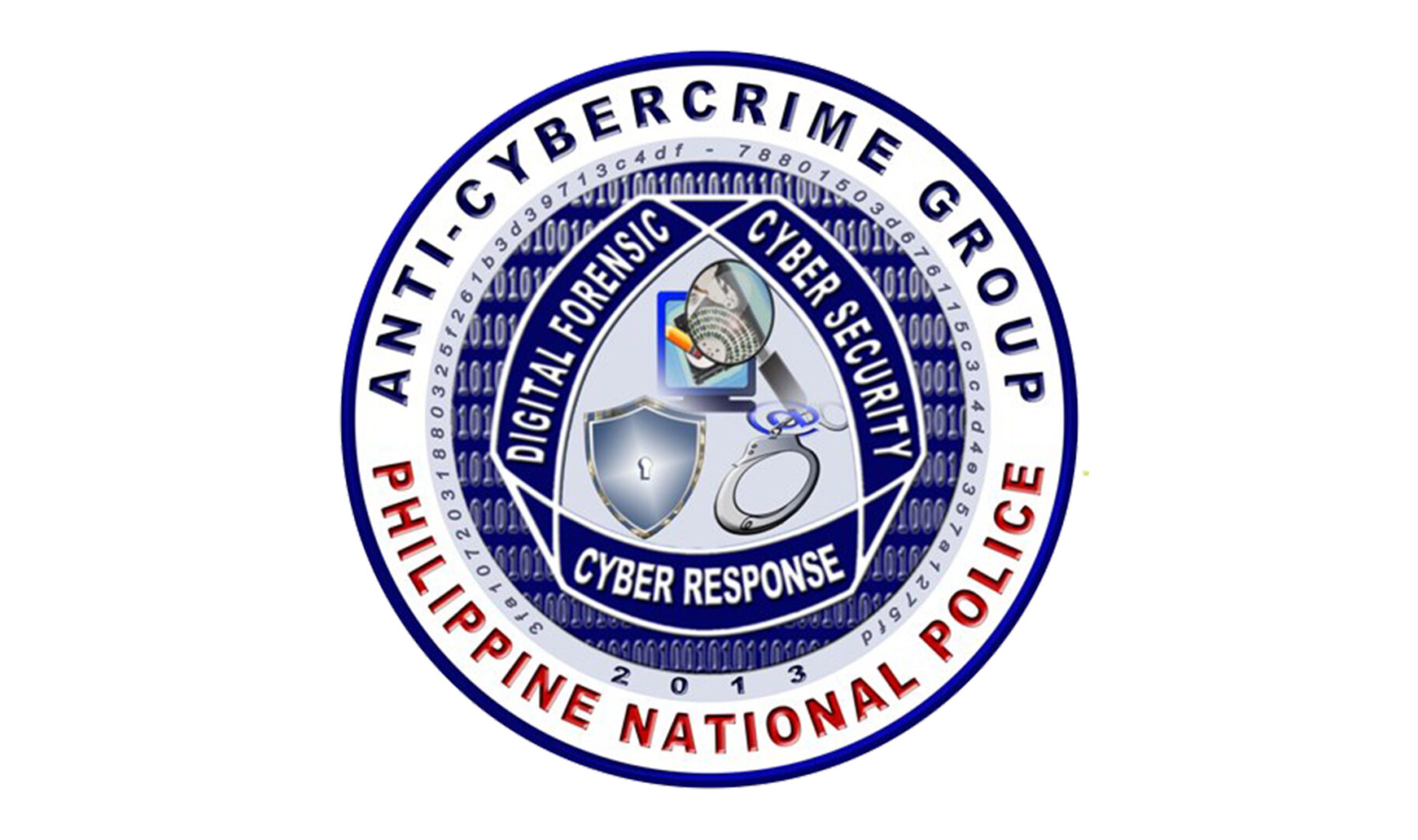Social media giants Facebook and YouTube have been compelled by a court to release subscriber information of anti-children accounts, chats, images, and other content posted on their US-based platforms.
In two separate Warrants to Disclose Computer Data dated 20 and 28 July, a Manila cybercrime court ordered Facebook and YouTube to release data about “Usapang Diskarte” accounts on Facebook and YouTube that uploaded content promoting sexual abuse and exploitation of children.
The accounts reportedly have more than 250,000 subscribers and followers connected to a group of sexual predators who equate “macho” with being abusive.
The Philippine National Police Anti-Cybercrime Group and the Women and Children Cybercrime Protection Unit requested the ‘preservation of data’ of “Usapang Diskarte” three weeks ago to aid them in identifying the persons behind the accounts and subsequent filing of appropriate charges.
The investigation would require collaboration in obtaining the needed information necessary for a successful prosecution, the PNP said.
The ACG has already endorsed the cyber-warrants to the Department of Justice Office on Cybercrime for implementation under Rule on Cybercrime Warrants. (Section 2.8 Extraterritorial Service of Warrants and other Court Processes — For persons or service providers situated outside of the Philippines, Service of warrants and/or other court processes shall be coursed through the Department of Justice-Office of Cybercrime, in line with all relevant international instruments and/or agreements on the matter.)
Lt. Col. Irene Cena, WCCPU head, they are now awaiting the data that can include thousands of images, information on the account owner as well as their subscribers, and chat logs, among others.
“We expect this investigation to be tedious,” Cena said.
The content of “Usapang Diskarte” accounts reportedly shared tips on how to lure a minor to have sex with an older man.
Minors are conditioned into thinking that having sex with an older man is normal thus, earning the ire of netizens, who then requested action from the two social media platforms to take down the illicit videos circulating online.
Police Brig. Gen. Joel Doria, ACG head, urged people who may have information about “Usapang Diskarte” and those who felt they were violated by the viral post to come forward and file a complaint at the ACG office.
“We are here to help you. I also commend all our cybercops and of course our personnel from WCCPU for your untiring efforts. Despite our limited number of personnel, you continue to show dedication to your duty to serve and protect,” Doria said.
Doria assured that the ACG will continue to do its part in ensuring that every “Juan” in cyberspace is safe in line with the security framework, ‘M+K+K =K’ of PNP chief Gen. Rodolfo Azurin.
Meanwhile, Senator Risa Hontiveros earlier filed the Anti-Online Sexual Abuse and Exploitation of Children bill to hold accountable people and platforms behind such abuses, including social media and internet intermediaries.
She said the “Usapang Diskarte” Facebook page and YouTube channel also instruct subscribers on how to prey on children.
After asking her followers to report the account, the Facebook page and YouTube channel were taken down.
Hontiveros is, however, convinced that more groups can still create new accounts.
“The Internet is already a part of the lives of our children. But violence and abuses against them should not be a part of it, offline or online. Let us do everything to ensure the safety of our children,” she said.
The Department of Justice Office of Cybercrime clarified that the warrant issued by a Manila court will be coursed through the social media giants’ law enforcement portals.
State counsel Gerald Vincent Sosa explained that local law enforcers are required by the rules to turn over the warrants to the cybercrime office which in turn will serve them to Facebook and Google’s YouTube through their respective portals.
Sosa said the law enforcement agency does not serve directly the warrant for example on Facebook and YouTube.
He said Facebook and other social media platforms have their law enforcement portals and what their office will do is to access the portals and send the request of law enforcement agencies.
Sosa said that after the service of warrants, law enforcement agencies like the Philippine National Police and the DoJ-OoC, will have to wait for the reply of the social media concerned.
He said social media platforms are very compliant, especially in the current case.
GLEN JACOB JOSE, PAULA ANTOLIN AND ALVIN MURCIA
